From Admiration to Action
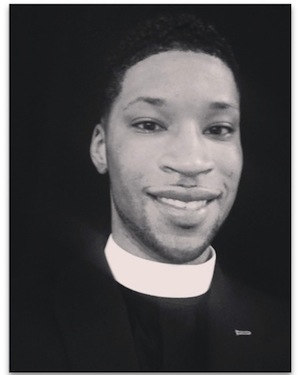
Five children (4 girls and 1 boy, who departs in the opposite direction halfway down) are walking down steps of the 16th Street Baptist Church. They are discussing typical girlish things. “I got my hair pressed that morning, and it was wasted when I hit the water,” one of them says, telling a story about being pulled between the incompatible pleasures of a new hairstyle and a swim on a hot day. The conversation turns to Coretta Scott King’s immaculate tresses. “She parts it in the middle,” another child notes approvingly, longing for the same elegance. The scene continues, and we the audience are reminded of the days of our own youth. Then, BOOM! The following scene is full of shots of debris, a body laying here and there of four girls who were in their Sunday best.
The opening scene of the movie Selma is devastatingly truthful. As real as the pain is to watch and hear, perhaps even more painful is that fact that, in the year of our Lord 2015, we remain numb to the subtle and blatant acts of violence still carried out against various communities of people around our country and our world. Our news is filled with disparities of inconsistent coverage, conspicuously silent or lacking complete information about certain acts of violence, while others span weeks and weeks of updates and conversation in all of our media outlets. We hear news of hostage situations in France for days while nothing is said of the bombing in Nigeria. We hear more about the “salvific” lives of persons in blue uniforms than we do about the innocence of the black boys and girls killed at their pious behest.
___________________________________________
On yet another Martin Luther King, Jr. Observance holiday, we find ourselves still cozy in sanctuaries singing praise to the God who has been our liberator from sin and oppression, all the while the screams of ‘Selma, Lord Selma’ are still ringing.
___________________________________________
Our culture has become so de-sensitized to violence, racism, and oppression that we are able to react with nonchalant emotion and continue to live with the ‘my four and no more’ mentality while someone’s child, mother, father, sister, or brother is harmed, time and time again. Seems the words of Willie Lynch’s The Making of a Slave are happening around us daily.
My response? Three words: “Selma, Lord Selma!”
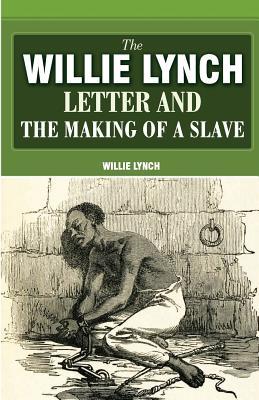 While many of us admire the work that began such a pivotal movement in our cultural history, we sadly stop at admiration, void of any action to ensure the solvency of our communities for our generations to come. On yet another Martin Luther King, Jr. Observance holiday, we find ourselves still cozy in sanctuaries singing praise to the God who has been our liberator from sin and oppression, all the while the screams of ‘Selma, Lord Selma’ are still ringing. Because even as we sit in our churches, most of us do not realize our voting rights of 1965 were technically only signed for 40 years (now some 10 years after its expiration we are still voting with no formal amendment to that legislation), and all I hear is ‘Selma, Lord, Selma.’
While many of us admire the work that began such a pivotal movement in our cultural history, we sadly stop at admiration, void of any action to ensure the solvency of our communities for our generations to come. On yet another Martin Luther King, Jr. Observance holiday, we find ourselves still cozy in sanctuaries singing praise to the God who has been our liberator from sin and oppression, all the while the screams of ‘Selma, Lord Selma’ are still ringing. Because even as we sit in our churches, most of us do not realize our voting rights of 1965 were technically only signed for 40 years (now some 10 years after its expiration we are still voting with no formal amendment to that legislation), and all I hear is ‘Selma, Lord, Selma.’
Today and every day, I want to call each of us from the place of amazed admiration for what began in Selma to a more apropos action – one in which we do more than just live and be. An action that calls each of us to be participants in creating the ‘Beloved Community’, where love for all humanity is spontaneous and unmotivated, every child of God knows the fullness of love, joy, and the pursuit of happiness. And yet, the call from admiration to action comes with a heavy price. It comes with a price that most of us believe we cannot pay because then parts of our secret lives will be the topic at dinner tables in our communities, because we have been too bashful to live our truths, whatever they may be.
___________________________________________
This year, I will do things a little differently. I will not read another biography of one who was, but instead, I will work on my autobiography – and my eulogy at the same time.
___________________________________________
As we begin our yearly celebration of Black History, I believe that this year, we are called to do something different. For many of us, the next 30-45 days will be filled with rereading and reciting the lives of significant ancestors of the movement. This year, I will do things a little differently. I will not read another biography of one who was, but instead, I will work on my autobiography – and my eulogy at the same time. I will speak up and out for those who still live in the margins of our society. “Cry out and cry loud…” says the prophet Isaiah, “…show my people their sin…”
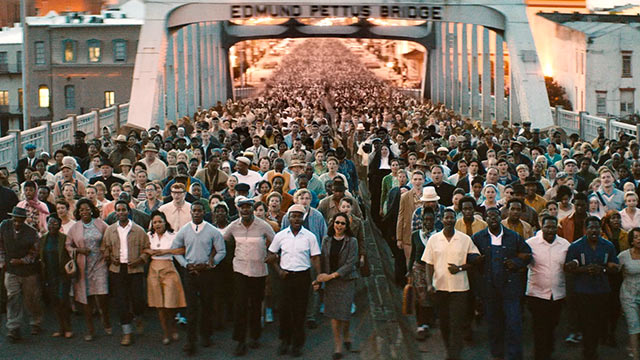
As I continue to remember other scenes of the movie, I am once again quickened to the scene of a funeral service for a young man who was killed by police officers as his family sat in a diner trying to escape the post-march beatings. “It is unacceptable that they use their power to keep us voiceless,” proclaims the eulogizer, “Those that have gone before are saying, ‘No more!’” I am arrested by the power divine to do more than just sit and watch the deterioration of my family. I must write to politicians and speak out to the social justice issue of our day. Even if I am alone, I must speak out – and speak up.
Action requires that we speak up for our family members who still live closeted lives because we do not agree with their sexual orientation. Action requires that we speak up for every girl who is trapped in sex trafficking by sick individuals who see her as dollar signs. Action requires that we ensure pay equity for every person of every creed in the work place. Action requires that all children have the chance to become whoever they dream of being and thus that they have the same access to the tools necessary for their proper and on-time matriculation. That is the way in which we cry out in action founded in admiration.
___________________________________________
Will our epitaphs be filled with our admiring, well-intentioned characteristics, or will they say ‘This one challenged the ills of our world’?
___________________________________________
I will educate as many as who will listen, love as many who will let me, and be all I can to those who still do not know how valuable they are. Why, you ask? Because someone did it for me. I believe it is my moral obligation to ensure that I help pull someone along who has not reached their maximum potential and be their hope until they find their own. I can hear young Jurnee Smollett as she played the role of Sheyann Webb singing, “Ain’t gonna let nobody, turn me round… Gonna keep on marching, marching up to freedom land.”
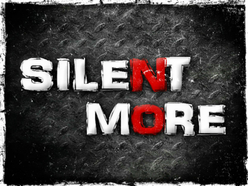 This call from admiration to action brings us right into the public square calling for justice for all no matter who the ‘all’ entails. Admiration-to-action is a place of no longer just getting by, but rather of creating what’s next. What will our legacies say? Will our epitaphs be filled with our admiring, well-intentioned characteristics, or will they say ‘This one challenged the ills of our world’? Why does it matter?
This call from admiration to action brings us right into the public square calling for justice for all no matter who the ‘all’ entails. Admiration-to-action is a place of no longer just getting by, but rather of creating what’s next. What will our legacies say? Will our epitaphs be filled with our admiring, well-intentioned characteristics, or will they say ‘This one challenged the ills of our world’? Why does it matter?
Because all I hear is ‘Selma, Lord, Selma.’
*****
AUTHOR BIO: Rev. E. Taylor Doctor, is a third generation preacher and scholar. He is a senior seminarian at the Johnson C. Smith Theological Seminary and also serves the National Black Justice Coalition (NBJC) through advocacy work. He resides in Atlanta, Georgia.


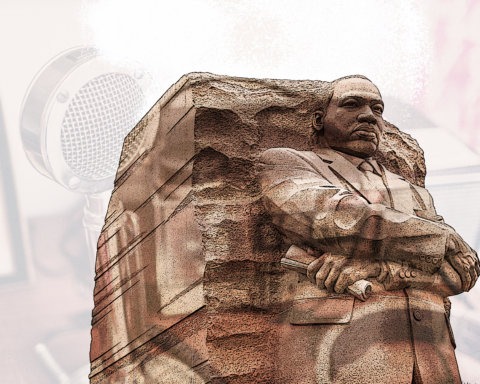


Unbound Social